In today’s busy world, sleep often gets pushed aside by work, social commitments, and endless digital distractions. Yet, the value of a good night’s sleep and Better Sleep goes far beyond simply feeling rested—it’s crucial for overall health and well-being. At 50Plus Training, we believe that quality sleep is as essential as regular exercise and a balanced diet, especially for those over 50. In this blog, we’ll explore the importance of sleep, the negative impacts of insufficient rest, and how exercise, diet, and sleep-promoting foods can enhance your sleep quality. Plus, we have a special offer to help you kickstart your journey to better health!
Why Sleep Matters: The Science Behind Quality Rest
Sleep is a fundamental biological process that influences almost every aspect of our health. During sleep, our bodies repair tissues, consolidate memories and regulate hormones. The sleep cycle includes stages such as REM (Rapid Eye Movement) sleep, which is vital for cognitive functions and emotional stability. When we sleep well, we wake up feeling refreshed, focused, and ready to take on the day.
The Consequences of Insufficient Sleep
Failing to get enough sleep can lead to numerous negative outcomes, both physically and mentally:
- Cognitive Impairment: Lack of sleep affects concentration, memory, and problem-solving skills, reducing productivity and increasing the risk of accidents.
- Emotional Instability: Sleep deprivation can exacerbate stress, anxiety, and mood swings, making you more prone to irritability and even depression.
- Weakened Immune System: Chronic sleep deprivation impairs your immune system, making you more susceptible to infections and illnesses.
- Weight Gain: Poor sleep is linked to weight gain and obesity, as it disrupts hormones that regulate hunger, leading to increased appetite and cravings for unhealthy foods.
- Increased Risk of Chronic Conditions: Insufficient sleep raises the risk of developing chronic conditions such as heart disease, diabetes, and hypertension.
How Exercise Can Improve Your Sleep
At 50Plus Training, we emphasize the importance of regular exercise, not just for physical fitness but also for its positive impact on sleep quality. Here’s how exercise can help you sleep better:
- Regulates Sleep Patterns: Regular exercise helps regulate your body’s internal clock, making it easier to fall asleep and wake up consistently.
- Reduces Stress and Anxiety: Exercise triggers the release of endorphins, natural mood lifters that reduce stress and anxiety, which can otherwise interfere with sleep.
- Promotes Deeper Sleep: Physical activity increases deep sleep, the most restorative stage of the sleep cycle, crucial for physical recovery and overall health.
- Boosts Energy and Mood: Regular exercise improves mood and energy levels, leading to a more balanced sleep pattern.
- Helps Maintain a Healthy Weight: Exercise supports weight management, reducing the risk of sleep disorders like sleep apnea, which are linked to weight gain.
Foods That Promote Better Sleep
What you eat also plays a significant role in the quality of your sleep. Certain foods contain nutrients that support relaxation and help regulate sleep patterns. Here are some sleep-promoting foods to include in your diet:
- Almonds: Rich in magnesium, almonds help relax muscles and improve sleep quality.
- Kiwi: High in antioxidants and serotonin, kiwi aids in regulating sleep and improving sleep onset.
- Chamomile Tea: Known for its calming effects, chamomile tea is a natural remedy for insomnia.
- Tart Cherry Juice: A natural source of melatonin, tart cherry juice can enhance sleep quality and duration.
- Fatty Fish: Omega-3-rich fish like salmon and trout help regulate serotonin, promoting restful sleep.
- Walnuts: Containing melatonin and healthy fats, walnuts help regulate sleep patterns.
- Bananas: Rich in potassium, magnesium, and tryptophan, bananas promote muscle relaxation and better sleep.
- Oatmeal: A good source of melatonin and complex carbohydrates, oatmeal supports better sleep.
- Warm Milk: Containing tryptophan, warm milk can induce sleepiness and have a calming effect.
- Turkey: Like warm milk, turkey is rich in tryptophan, supporting better sleep.
Tips for Incorporating Sleep-Promoting Foods and Exercise
- Timing Matters: Consume sleep-promoting foods and engage in physical activity at optimal times. Evening snacks of sleep-friendly foods and daytime exercise are ideal.
- Balance Your Diet: Incorporate a variety of sleep-promoting foods into your diet and pair them with regular exercise for maximum benefits.
- Create a Routine: Establish a regular eating and exercise routine to support a consistent sleep schedule.
- Avoid Stimulants: Limit caffeine and heavy, spicy meals close to bedtime, as these can interfere with sleep.
Special Offer: Kickstart Your Journey to Better Health
At 50Plus Training, we understand the importance of a holistic approach to health, combining exercise, diet, and quality sleep. That’s why we’re offering two FREE trial sessions to help you get started on your fitness journey. Our small group sessions are designed to give you personalized attention, ensuring you get the most out of every workout.
👉 Claim Your 2 Free Sessions Here: Sign Up Now
Get in Touch
📞 Contact Us:
- Phone: 914-552-1179
- Email: luis@50plustraining.com
- Location: Yorktown, NY
Whether you’re looking to improve your fitness, boost your sleep quality, or simply learn more about healthy living, we’re here to help. At 50Plus Training, we’re committed to helping you achieve a healthier, happier life.
